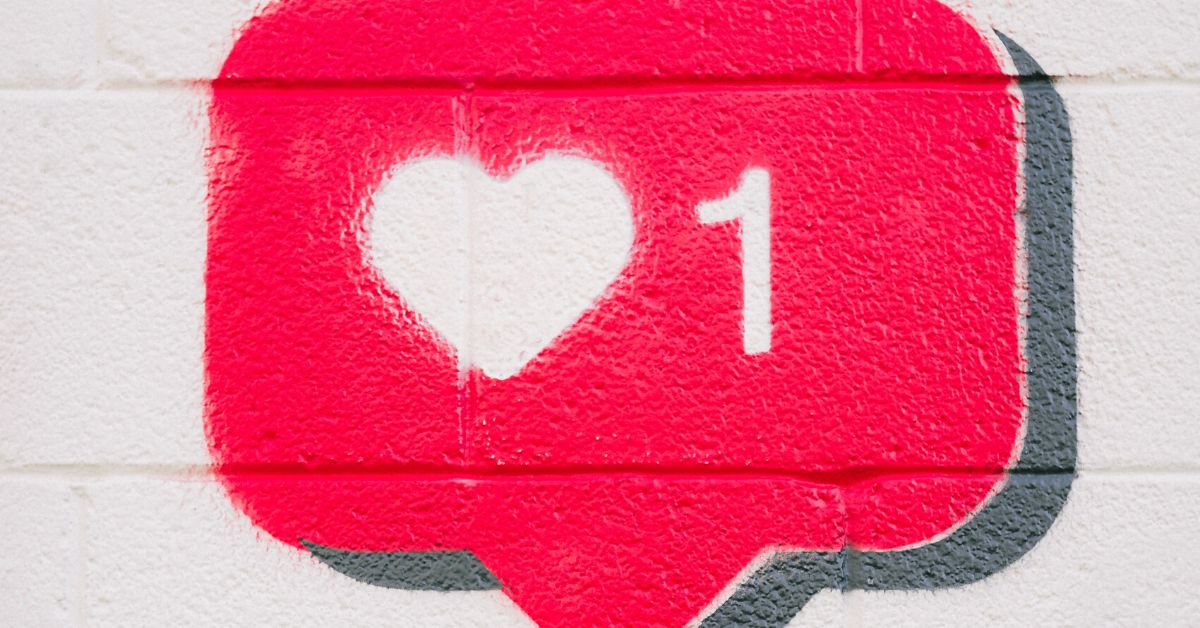By: Sheridan Voysey
I spoke at a conference recently. With hundreds of people involved, the organisers asked us all to download a smartphone app to keep track of the programme.
But as I soon discovered, the app did more than provide session times. As the week progressed it also started ranking each speaker from most to least popular based on people’s likes and comments. I didn’t have the nerve to check my place on the scoreboard, especially after two fellow speakers started gaming the system for a joke, liking and commenting on each other’s talks and rising to first and second place!
Such an experience isn’t limited to conference speakers, for in this ‘age of the app’ almost all of us can now be publicly rated and ranked. It happens every day on social media—our posts and pictures rated with likes and shares, the most popular rising to the top of newsfeeds. Drivers now have star-ratings beside their names from users of home delivery apps, while, in an extreme example, one American company asks its employees to rate each other daily, displaying real-time results for each person on office monitors.
No Wonder Our Anxiety is Skyrocketing

I’m all for getting feedback, but to my mind rating each other via app has major flaws. For a start, as my speaker friends showed, the system can be gamed to lift some up or pull others down. In addition, such apps can amplify gender and racial bias with one study finding black and Asian workers scored lower on ratings-based freelancer sites like Fiverr and TaskRabbit. And since computers lack the ability to empathise or consider context, app-based judgements can lack compassion—the driver getting 2 stars for a late delivery that was out of his control; the employee losing points for inefficiency when she was up all night with a sick child. Unlike old style annual reviews done in private, all this rating and ranking happens publicly on a screen. No wonder anxiety has skyrocketed in the age of the app.
What We Can Do
As AI experts tell us, computers are getting smarter by the day and, without restrictions, will one day do this rating all by themselves—a scary thought. But for the time being, most apps still rely on us to do the rating. This is where I think God’s character comes in.
In the Bible God describes himself as compassionate and gracious—meaning he doesn’t judge our failures without context; He’s slow to anger—meaning he wouldn’t post a nasty review after one bad experience; He’s abounding in love—meaning his critiques are for our good not our condemnation, and He’s forgiving of sin—meaning our lives don’t have to be defined by our 1-star days.
“God’s character is the model we should imitate in all things. If we must rate someone’s performance, let’s do it with these principles in mind.”
This is important because God’s character has always been the basis for human character—the model we should imitate in all things. If we must use an app to rate someone’s performance, let’s do it with these principles in mind.
Back at the conference, organisers were horrified to hear about the speaker scoreboard and quickly moved to shut it down. I hope that American company switches off those monitors too. Because comparison is rarely helpful, especially in the ‘age of the app’, and on our 1-star days we can all do with a little compassion.
Article supplied with thanks to Sheridan Voysey.
About the Author: Sheridan Voysey is an author and broadcaster on faith and spirituality. His latest book is called Reflect with Sheridan. Download his FREE inspirational printable The Creed here.
Feature image: Photo by Towfiqu barbhuiya on Unsplash

